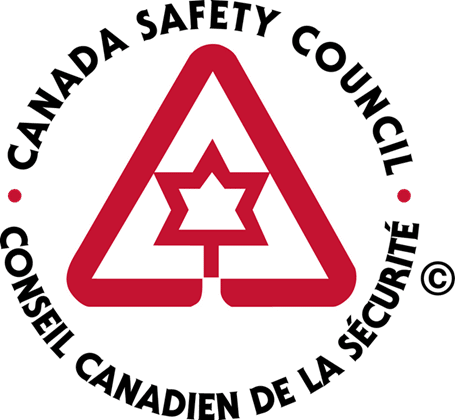Protect yourself from Identity Theft
Identity theft is when criminals steal personal information like credit card and bank account numbers and then use that information to commit fraud. There are a wide variety of ways criminals obtain this information; everything from hacking into consumer databases to simply going through your trash. In 2006 alone, this type of crime cost Canadians over $16 million – and the numbers continue to climb. While criminals and security experts continue to “one-up” each other in the race for the latest technology and technique, individual Canadians can take some practical steps to help protect themselves.
Here are some tips to avoid being victimized:
- Keep all personal information and your passport in a safe place.
- Change your PIN numbers, phone codes, and passwords every few months. Don’t use your mother’s maiden name, your birthday, or other obvious words or figures.
- Collect your mail on a daily basis, as soon after delivery as possible.
- Shred everything. Buy a shredder and use it on any document containing personal information that you no longer need
- Never leave your purse, wallet, or briefcase unattended.
- When shopping, never let your debit card out of your sight. If possible, swipe it yourself. When paying at a restaurant with a debit or credit card, ask to pay on your way out. Don’t let a server walk off with it.
- Keep track of when your bills and bank statements arrive. If they are late, check with the companies immediately to find out the reason for the delay.
- When entering your PIN number at an ATM or a store’s debit machine, shield your code from those around you.
- Avoid using ATM machines not affiliated with a bank.
- Don’t toss receipts from bank machines or gas pumps. Get rid of them properly.
- Do not give out unnecessary personal information, especially when your instinct tells you not to.
How do you know if you’ve been victimized? If you notice unauthorized transactions on your bank account or credit cards, do not receive your statements at the usual time, or receive calls regarding unknown debts you may have been a victim. If this happens you should immediately call your local police, your bank and creditors as well as any government agencies that have issued you identification. As you contact agencies, keep a record of everything you are doing.
Get a copy of the police report. You may need new banks accounts and credit cards. Let your utility companies know you have been a victim of identity theft so they do not issue new accounts in your name.
At least once a year, it is a good idea to get a copy of your credit report. Order a copy from both major credit bureaus, Equifax (www.equifax.ca) and TransUnion (https://www.transunion.ca/). You can do this once a year at no charge if you order your credit report through the mail. Immediately report any inaccuracies to the credit bureaus.
Having your identity stolen can be upsetting and costly, but through taking proper precautions and stay vigilant, you can help protect yourself from this contemporary crime.
